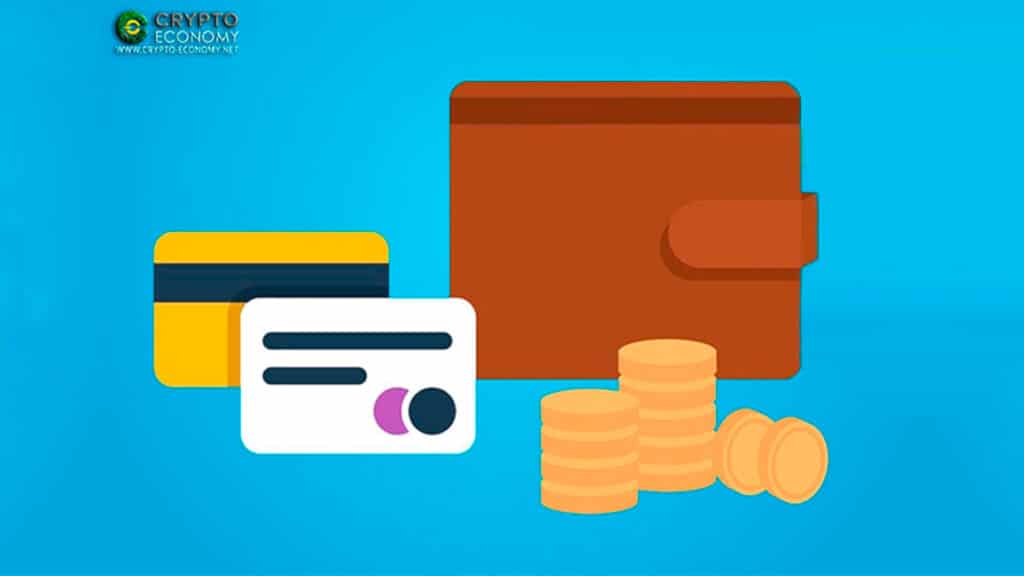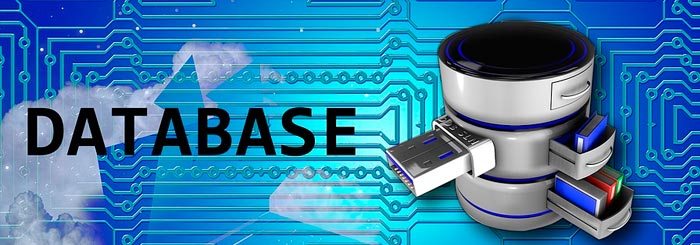The world of virtual currencies has brought incredible innovations. These innovations include, for example, cryptocurrency wallets. We all know cryptocurrencies as a digital asset designed to function as a medium of exchange, but in addition to emerging as an alternative to many traditional methods, it is also a fundamental part of blockchain technology.
What is a cryptocurrency wallet?
A cryptocurrency wallet or wallet is software that allows users to store, send, receive and track digital currencies.
For the aforementioned processes to be successful, the software allows users to store public and private keys and work with different blockchains.
The blockchain, therefore, keeps the data of stored transactions, while cryptocurrency wallets act as a safe that contains digital keys in the form of codes.
Types of cryptocurrency wallets
There are different types of storage for cryptocurrencies, such as:
cryptowallet (Mobile)
At present, mobile phones have become indispensable for the human being. Cryptocurrency wallets compatible with mobile devices have the advantage of offering a form of payment and storage of this type of currency anywhere.
cryptowallet (Desktop)
Desktop wallets, on the other hand, are a type of wallets that are installed on a computer and give users full access and control over their cryptocurrencies, this type of wallets is widely used due to its comfort since they increase security with Regarding mobile wallets.
A mobile wallet, to be transported runs the risk that the device that contains it is broken, lost, stolen… and if a backup of the wallet data has not been made, the cryptocurrencies stored in it could be lost.
cryptowallet (Online)
An online wallet is different from the other wallets since you do not need to install any type of software on your computer. One of the advantages of this digital storage is that it can be easily accessed from any device connected to the network, therefore it is very efficient.
However, as everything that has a remote access, it faces security challenges. That is why people who use these wallets require the implementation of additional protection methods.
Hardware Wallet
A Hardware Wallet is a device that is not connected to the internet, so it offers extra security. These devices store private keys and in order to use them they require the wallet to connect to the Internet in order to send and receive cryptocurrencies.
During the time that these wallets are not used they are disconnected from the network, so the risk of hacking is drastically reduced.
Its only negative point is the price, since the rest of online, desktop and mobile wallets are usually free, but it is a price that is worth paying if we want our cryptocurrencies to be safer.
cryptowallet (Paper)
When generating a paper wallet what is being generated is a public key and a private key within a blockchain.
These keys, are printed or written normally on paper (although it can be done in other types of materials). On many occasions when creating these wallets, in addition to the public and private key, a QR code containing this data is generated in order for your mobile to Read it.
Before owning a cryptocurrency wallet, it is essential to study the type of security available, especially since most online wallets suffer security breaches.
A paper wallet will never be connected to the internet, making it one of the safest ways to store cryptocurrencies, although its biggest disadvantage is the fragility of the material used to store it, since it can burn, break, get wet, get lost …
What are the characteristics of a cryptocurrency wallet?
Ease of use
In general, cryptocurrency wallets have a similar use, since their main function is to send, receive and store cryptocurrencies.
What may vary is the interface used by the wallet or the device from which it is used, this simple detail can make the wallet easy or difficult to use.
Security
Security in a virtual wallet is the responsibility of the user, since he is responsible for ensuring that he is downloading a legitimate wallet, that he is using secure passwords and is keeping them in a place of difficult access, has a backup copy of all them, avoid repeating the same password in different wallets, etc.
Check if the wallet has suffered hacks, if it is constantly updated, the opinion of the users who have tried it, is also valuable information.
In any case, the end user is in charge of adding all the levels of security that he considers necessary to protect his investment.
Control of the wallet
The wallets have 2 types of keys, a public key and a private key, in some cryptocurrency wallets, such as those offered by the Exchanges, these private keys are held by the exchange platform and not by the user, which means that you do not have full control of the assets deposited on that platform.
This key, in addition to giving us full control of our cryptocurrencies, will sometimes be necessary if we want to benefit from different events, such as a hardfork or an airdrop, in the case of exchange wallets we only benefit from these events if they wish to deliver the rewards.
What should be taken into account when choosing a cryptocurrency wallet?
Depending on the type of investment you intend to make, you must choose a cryptocurrency wallet or another.
- Holders (investors who do not sell their cryptocurrencies and store them) can use a physical wallet (cold wallet) or a virtual wallet from which they have immediate access, however the first option is recommended since the risk of hacking is minimized.
- Traders (Investors who use exchanges to exchange cryptocurrencies) normally use cryptocurrency wallets from cryptocurrency exchange platforms, to have their assets more accessible when making a trade.
- For mixed investors (they trade some currencies, but hold others) that is usually the majority, the ideal is to store in one or several exchages the cryptocurrencies they will use to exchange and store in a virtual wallet or a cold wallet the assets they are going to store.
Security of cryptocurrency wallets
Cryptocurrency wallets have different levels of security, in addition to those that the user must add by himself. Let’s see the most common.
Private keys
Private keys are associated with a cryptocurrency wallet, and they are alphanumeric keys that create a password. This password will be necessary to access your cryptocurrency wallet and when the wallet owner wishes to make transactions.
In simple terms, a private key is the password that unlocks the wallet and allows access to it.
A greater number of characters, symbols, uppercase, lowercase etc. If you have this password, the security level of the wallet increases.
Google two-factor authentication (2FA)
A private key is a good measure to protect your cryptocurrency wallets, but for added security it is highly recommended to add the verification of two Google factors, as it is a sure way to block hackers.
Every time users try to sign in to their accounts, in addition to their password or private key, they will need a Google code that will be sent to their owner’s mobile phone. With the correct code, the user can log into his account easily.
This code varies after a few seconds, so the increase in security using 2FA is incredible.
Not all wallets offer the 2FA service, so if the wallet you use does not have it, you can consider switching to another wallet or increasing your security through more secure passwords.
Backup of keywords and wallets
Making backup copies of wallets and private keys and passwords is essential to have secure cryptocurrency investments.
This type of backups is advisable to perform it on devices external to the computer, mobile or device that contains the wallet that stores the cryptocurrencies.
Losing the mobile, a hard disk failure, formatting the computer, there are many ways to lose access to our cryptocurrency wallet and these backups are what will make it possible to re-access our assets.
Conclusion
There is no perfect cryptocurrency wallet for everyone, since each person has specific needs and these vary depending on the moment.
While some may need to have access to the wallet constantly to make asset movements and will opt for a mobile wallet, others may prefer that their wallets do not leave their home and will use a desktop wallet.
The most obsessed with security will use paper wallets and hide them in different places and others will prefer the convenience of an online wallet to access from anywhere.
Hardware wallets, Paper Wallets, Online Wallets, Desktop Wallets or Mobile Wallets, in short all of them are useful and have their applications of use, the most important thing is to make proper use and remember that the security level of these wallets in many occasions It is in the hands of the user.
All cryptocurrency wallets have the functions of sending, receiving and storing crypto, so to choose one or the other, the first step is to decide what type of investor you want to be.
All cryptocurrency wallets have 2 keys, one public (address) and one private, but depending on which wallet we use, we only have control of one of them.
Against more security measures we take when it comes to protecting a cryptocurrency wallet the hardest it will be to suffer a hack, here are some security recommendations:
- Do not use short or easily remembered keys.
- Save the keys in a pendrive or external hard drive, not in the computer where you carry out the operations, since if they hack your computer they will have access to them.
- Make a backup of your keys.
- If possible, activate a second security factor, whether by SMS, Google authenticator or email, almost all exchanges allow you to activate one or more.


















